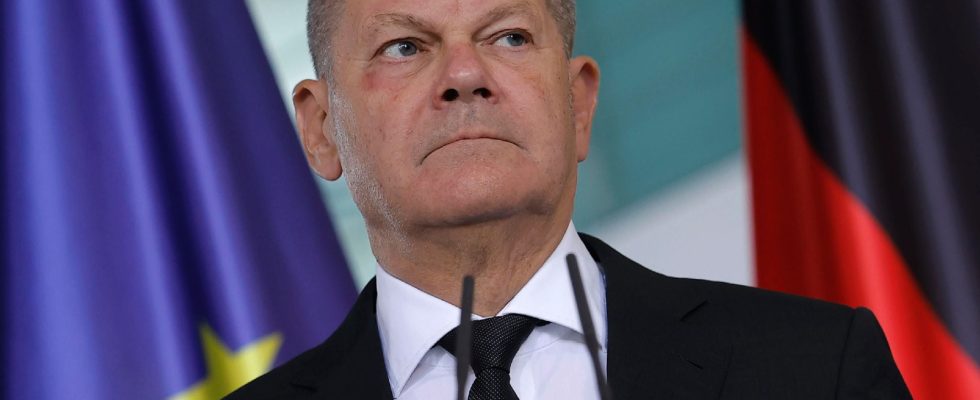“At the start of the year, the German economy still finds itself in a difficult situation,” commented Steffen Hebestreit, government spokesperson, at a press conference on Wednesday February 21. Germany has sharply lowered its economic growth forecast for 2024, now expecting an increase of 0.2% in GDP (gross domestic product) compared to 1.3% in the last forecasts for autumn 2023.
German GDP had already fallen by 0.3% in 2023, while according to Eurostat, the body responsible for statistics of the European Union, that of the euro zone and the EU, increased by 0.5%. This economic situation provokes heated debates between the three parties of Olaf Scholz’s coalition government.
Worst results in 10 years, excluding 2020
If these forecasts prove correct, the last two years will be the worst for German GDP growth since 2012/2013 (0.42 and 0.44%), excluding the 2020 year of the global health crisis.
It’s a “dramatic situation,” Economy Minister Robert Habeck recently commented.
A multifactorial crisis
This crisis is caused by a multitude of factors that accumulate and work against the German industrial sector. A pillar of the economy representing around 20% of GDP, it has not yet even returned to its production levels before the Covid-19 pandemic.
Since the war in Ukraine, German industry has suffered in particular from excessively high energy costs with the end of Russian gas deliveries, and from interest rates set at a high level by the European Central Bank (ECB) against the inflation, which slows down demand and investments.
France has also revised its growth forecasts downwards, announced the Minister of the Economy Bruno Le Maire on Sunday, bringing them down to 1%.
